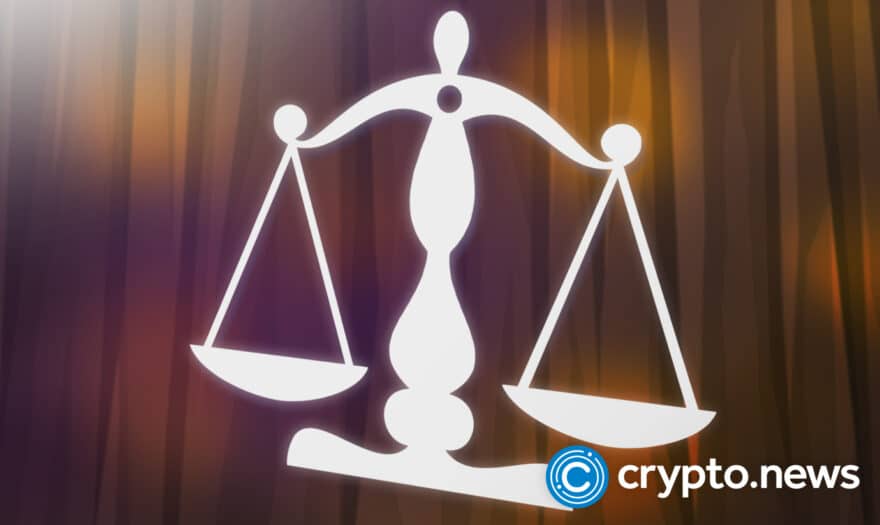Israeli Cybersecurity Experts Predict More Attacks on Crypto-Related Businesses in 2018

At a time when the cryptocurrency sector is nearly saturated with heists, hacks, and more ‘cryptocrimes,’ Israeli cybersecurity experts say more turbulence await crypto investors this year, as blockchain-based digital currency attacks will surpass other types of cyberattacks in 2018.
Blockchain Suffering Reputational Damage
Present at the Tel Aviv University annual Cyber Week cybersecurity conference tagged “Blockchain, The New Digital Age, the nation’s experts on the subject matter made it clear that ‘stakeholders’ in the cryptosphere need to brazen up for more attacks this year.
Lotem Finkelsteen, a threat intelligence analyst at Check Point Software Technologies, said:
“Not a day goes by without our hearing about a new ICO [initial coin offering] scam or mining attack. Blockchain technology is suffering from reputational damage and one of the main obstacles for blockchain technology to move forward.”
Mixed Opinions Concerning Distributed Ledger Technology
Blockchain technology, the foundation upon which Satoshi Nakamoto built bitcoin and the same system that underpins other cryptocurrencies was praised by many and criticized by some at the event.
Director and Global Blockchain technology Lead at Accenture, John Velissarios noted DLT is steadily taking over the world economy, as more and more businesses are integrating the nascent technology into their operations. In his words:
“We’re seeing blockchain applications for capital markets, exchanges, clearing and settlement systems and payment systems. The technology is evolving and the applications are becoming more significant.”
While a hand full of banks and traditional financial institutions like Bank of England, and several others are seriously looking to either augment their existing systems with DLT or create new blockchain-based systems entirely, Haim Pinto, the chief technical officer (CTO) of Bank Hapoalim, firmly believes the groundbreaking technology has nothing excellent to offer at the moment, as “blockchain is still in a hype cycle. We can’t just take it and use it,” he said.
Pinto also condemned the key property that gives distributed ledger technology an edge over centralized databases – immutability.
While data stored on legacy systems can be altered or deleted, it’s impossible to tamper with things saved in the ledger. This excellent feature makes DLT the most secure, transparent and reliable form of data storage for now.
However, Pinto reiterated that the immutable nature of the burgeoning technology makes it unfit for banks seeking to comply with the EU’s General Data Protection Regulation (GDPR) as nothing can be deleted on the blockchain.
“Distributed general ledgers cannot erase anything. That’s just one of the challenges. In addition, there are mathematical challenges. Distributed general ledgers can’t scale up to the volume of transactions we need to serve,” Pinto concluded.
Central Bank Warnings Continue to Loom
Similarly, on March 15, 2018, BTCManager reported the Bank of International Settlements (BIS), had warned central banks against the perils of issuing cryptocurrencies.
Also, in BIS’s latest report, the ‘bank of central banks’ condemned digital currencies and blockchain technology saying the former is overly unstable and the latter cannot handle huge transactions that central banks systems process.
With each passing day, the battle between the crypto enthusiasts and pessimists keeps taking new dimensions. Almost a decade has gone already, and cryptocurrencies have failed to crumble, while blockchain is busy disrupting industries. It remains to be seen which party will emerge victorious in the long run.














